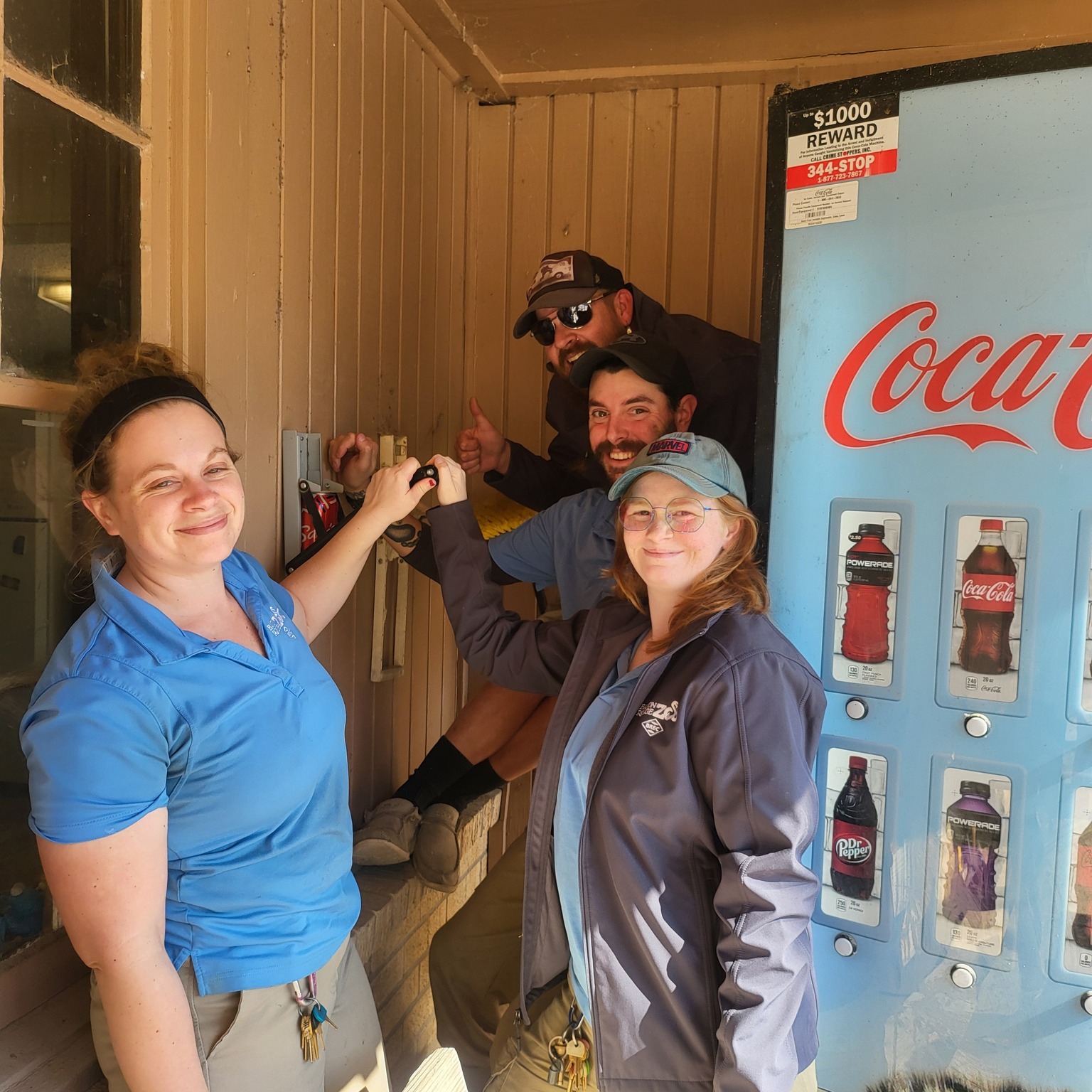- Overview of the Internal Sustainability Contest and its significance at the Zoo
- Key factors contributing to the success of the Primates and Carnivores team, led by Paige Marshall
- The role of the Bird Team and Lee in initiating and organizing the contest
- Diverse sustainability practices implemented by the participating departments
- The benefits and implications of sustainability efforts within a zoo setting
The Dallas Zoo’s commitment to environmental stewardship is evident through initiatives such as the internal sustainability contest. This contest not only celebrated sustainable practices but also served as a platform to encourage departments to actively reduce their ecological footprint. Each division aimed to showcase how their daily operations could be greener without compromising animal care or visitor experience.
The success of the Primates and Carnivores team, led by Paige Marshall, demonstrates a comprehensive understanding of and commitment to sustainability. Their approach involved multifaceted strategies, such as reducing energy consumption in animal habitats, promoting recycling and composting among staff, and utilizing energy-efficient lighting systems. Their impressive initiatives reflect a deep-seated dedication to preserving our planet’s resources while providing optimal care to their animal charges. This commitment to ecological consciousness set them apart and earned them a well-deserved celebratory lunch.
The Bird Team, especially under Lee’s leadership, played a significant role in conceptualizing and organizing this competition. Inspired by best practices from industry leaders, they developed innovative guidelines that encouraged creative solutions to sustainability challenges. This initiative highlighted the potential for intra-organizational collaboration to drive significant environmental advancements. By bringing different teams together, they fostered a culture of shared learning and environmental responsibility. This ability to inspire harmoniously integrated efforts across departments underscores the transformative power of collaborative environmental actions.
Various departments showcased diverse sustainability practices. From waste reduction initiatives to implementing alternative energy sources, the teams demonstrated significant creativity and commitment. Some departments focused on minimizing single-use plastics, leveraging reusable materials, and enhancing recycling programs. Others took steps to curb energy consumption by optimizing heating, ventilation, and air conditioning systems in non-animal areas. By executing these strategies, the teams highlighted the varied and holistic approaches necessary to embed sustainability into zoo operations. The contest emphasized that innovation in everyday practices could lead to meaningful environmental impact.
Sustainability efforts within a zoo extend beyond operational improvements; they resonate with the broader mission of wildlife conservation. By adopting sustainable practices, zoos can reduce their carbon footprint and contribute to climate change mitigation. These actions align with the overarching goal of conserving threatened ecosystems and species worldwide. Implementing eco-friendly practices within the zoo also serves an educational purpose, raising awareness among visitors about the importance of protecting the environment. This alignment of operational sustainability with conservation missions amplifies the zoo’s role as a custodian of biodiversity and an advocate for environmental stewardship.
In conclusion, the internal sustainability contest at the zoo not only rewarded teams for their innovative ecological solutions but also strengthened the entire organization’s commitment to sustainability. The success of the Primates and Carnivores team and the leadership of the Bird Team underline the importance of collaborative efforts in advancing environmental objectives. This event has laid a strong foundation for future initiatives aimed at integrating sustainability into every aspect of zoo operations, enhancing both environmental impact and visitor experience. Through these sustained efforts, the zoo remains at the forefront of conservation and sustainability, setting a precedent for zoological institutions worldwide.
*****
Source Description
🎉 Congrats to the Winner of Our Internal Sustainability Contest! 🌍
A huge congratulations to Primates and Carnivores, led by Paige Marshall, for winning our internal sustainability challenge! This fun initiative, inspired by the Dallas Zoo and created by our amazing Bird Team (shoutout to Lee!), focused on making our zoo greener. 🌱
This internal contest highlighted our Zoo team’s commitment to sustainability. All departments within the Zoo participated by showcasing their efforts to reduce waste, conserve energy, and use reusable items.
The reward? A FREE team lunch for the winning department! 🎉


